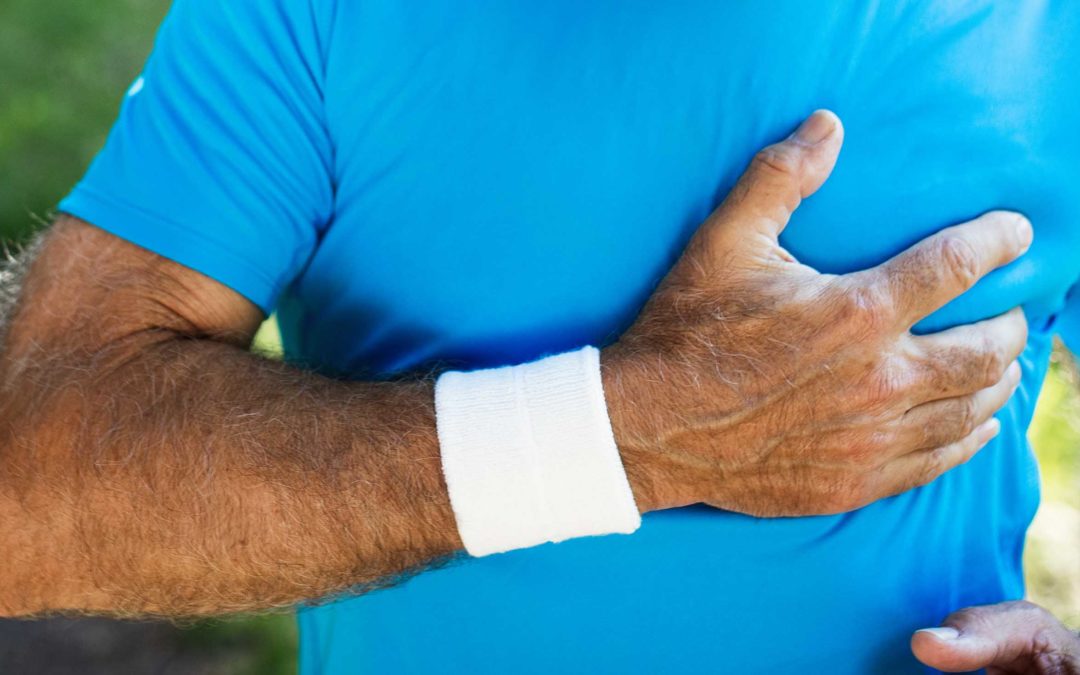Heart attack
What is a heart attack? — A heart attack, also called myocardial infarction, or MI, is what happens when one of the arteries that supply blood to the heart gets blocked. When this happens, the part of the heart that normally gets blood from that artery is damaged. The longer the artery is blocked, the bigger the heart attack. The arteries that supply blood to the heart are called the “coronary arteries.”
Heart attacks are usually the result of a condition called “coronary heart disease” or “coronary artery disease.” In this disease, fatty deposits called plaques form on the walls of the coronary arteries.
These plaques sometimes break open and cause blood clots to form. Then the blood clot can block off the artery and keep blood from reaching parts of the heart muscle. That is what causes most heart attacks.
What are the symptoms of a heart attack? — People having a heart attack often notice:
● Pain, pressure, or discomfort in the chest
● Pain, tingling, or discomfort in other parts of the upper body, including the arms, back, neck, jaw, or stomach
● Shortness of breath
● Nausea, vomiting, burping, or heartburn
● Sweating or cold, clammy skin
● A racing or uneven heartbeat
● Feeling dizzy or lightheaded
If you think you might be having a heart attack. Call for help Do not try to get to the hospital on your own.
Is there a test for heart attacks? — Yes. If your doctor thinks you are having a heart attack, he or she might order one or more of these tests:
● An electrocardiogram (ECG or EKG)
● Blood tests
● Echocardiogram
● Cardiac catheterization (also called “cardiac cath”)
What happens after a heart attack? — After you’ve had a heart attack, you will probably need to:
● Take more medicines than before. It is very important that you take all your medicines every day, as directed. The medicines given to people who have had a heart attack can help prevent other heart attacks, and they reduce the chances of having a stroke or dying. If you can’t afford your medicines,
or if the medicines give you side effects, mention it to your doctor. There are often ways to solve these problems.
● Improve the way you eat. Try to avoid fatty and fried foods, and don’t eat too much red meat.
Instead, eat lots of fruits and vegetables, and have some low-fat dairy products.
● Lose weight, if you are overweight. Losing extra weight reduces the chance of another heart attack and can make you feel better.
● Become more active. Walking, gardening, or any activity that gets you to move more can help reduce the risk.
020 2634 2998 | 020 4862 2074
INFO@MARIANHEART.ORG

